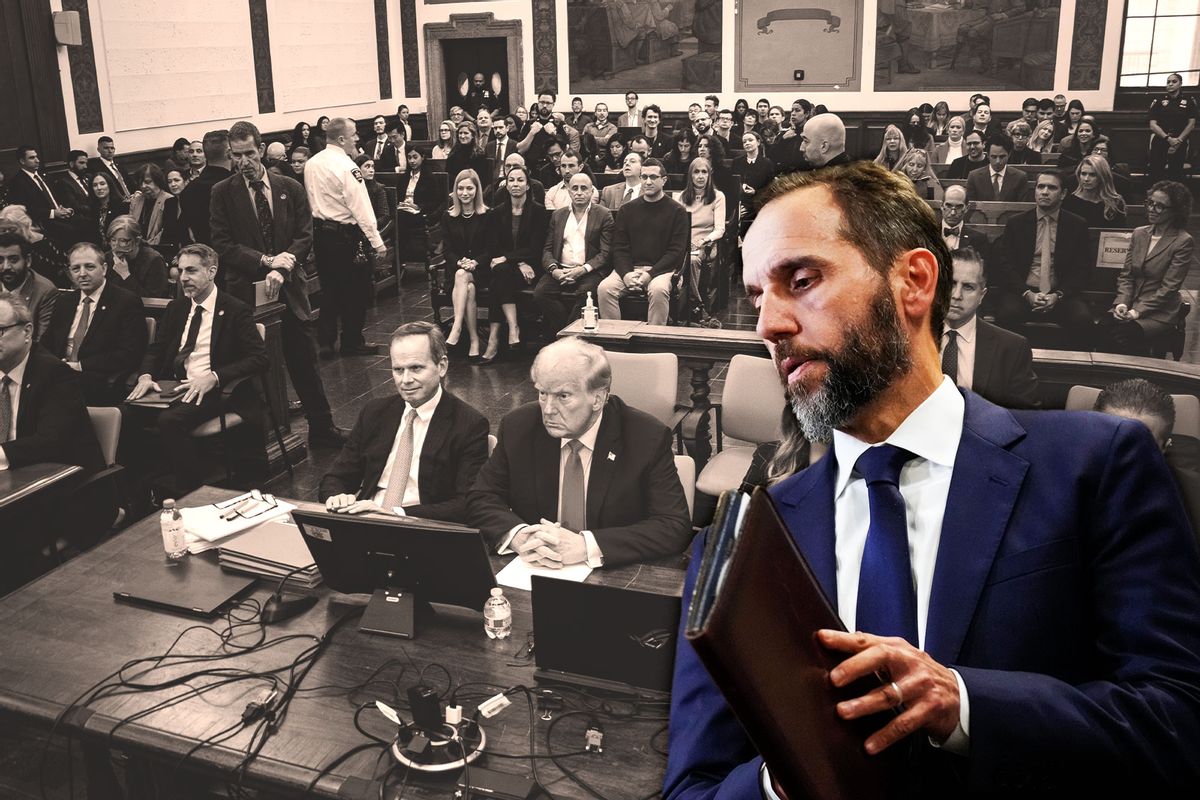A former federal prosecutor dismissed U.S. District Judge Aileen Cannon's worry that, based on a Justice Department policy, starting a trial could be viewed as "political" depending on the subject of the investigation. At the core of Cannon's concern was the DOJ's so-called "60-day rule," which bars federal investigators from bringing charges against or publicly investigating candidates near an election. Not only does that prohibition not apply in Trump's classified documents case, it's less of a hard-and-fast rule and more like a guideline, explained Andrew Weissmann, a former Justice Department Fraud Section chief who served on special counsel Bob Mueller's team.
"There are two issues with Judge Cannon raising it," Weissman told MSNBC host Jen Psaki in a clip flagged by RawStory. "First of all, it's an internal rule. It is not a law, it is not something that gives any rights to any defendant. And Judge Cannon had been at the Justice Department — she knows that. So the idea that she raised it is issue number one."
That internal department guidance could also be changed by the attorney general "any day of the week," Weissmann explained.
"Second, the rule does not apply! For anyone who has been at the Justice Department, this is such a red herring," Weissmann continued. "This is why it completely wrong: that rule is intended so that the Justice Department does not take action in a covert case that is suddenly overt shortly before an election. Why? Because you don't want to influence the election when that person — the candidate — doesn't have an opportunity to get to trial."
Instead, in this federal case against Trump, the Justice Department is requesting "a day in court" to give the defendant the opportunity to refute these "overt allegations," Weissmann said. The suggestion the provision applies "could not be more wrongheaded," he added.



Shares